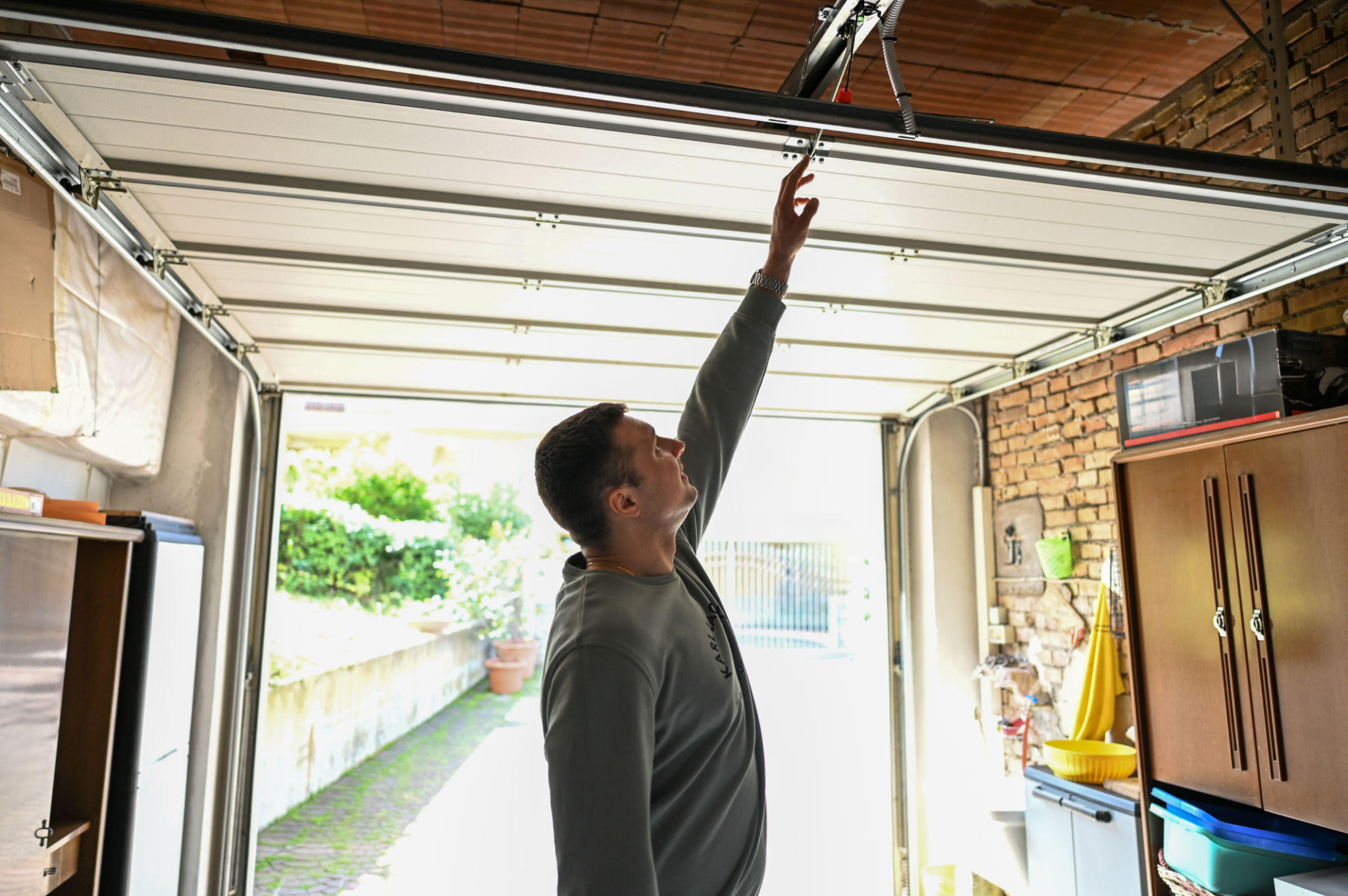DIY Car Troubleshooting: When to Call a Mobile Mechanic
Understanding Basic Car Issues
Owning a car comes with the responsibility of maintaining it. Understanding basic car issues can save you time and money. Many common problems can be diagnosed and sometimes even fixed without professional help. However, knowing when to call a mobile mechanic is crucial to avoid further damage.

Common DIY Car Troubleshooting Checks
Before calling a mechanic, you can perform several checks yourself. Here are some of the most common issues and how to troubleshoot them:
- Dead Battery: If your car won't start, check the battery connections. Clean any corrosion and ensure the terminals are tight.
- Flat Tire: Inspect your tires for punctures or low air pressure. A portable air pump or tire repair kit can be a lifesaver.
- Noisy Brakes: If you hear squealing, it might be time to replace your brake pads. Listen for grinding sounds, which indicate more serious issues.
When DIY Isn't Enough
While many issues can be resolved with basic tools and some elbow grease, certain situations require professional expertise. For instance, if your engine is overheating, it's essential to call a mobile mechanic instead of trying to fix it yourself. Overheating can cause severe engine damage if not addressed promptly.

Signs You Need a Mobile Mechanic
Knowing when to call a professional can save you from costly repairs in the future. Here are some signs that it's time to reach out to a mobile mechanic:
- Persistent Check Engine Light: If your check engine light stays on despite resetting, it's time for a diagnostic check by a professional.
- Strange Noises: Unusual sounds such as knocking or rattling from the engine should be inspected by a mechanic.
- Fluid Leaks: Any fluid leaks under your car could indicate serious issues that require expert attention.
The Benefits of Calling a Mobile Mechanic
Mobile mechanics offer convenience and expertise right at your doorstep. They can perform diagnostics, repairs, and maintenance without you having to leave your home. This service is particularly beneficial when your vehicle is inoperable or unsafe to drive.

Preparing for the Arrival of a Mobile Mechanic
Once you've decided to call a mobile mechanic, ensure you're prepared for their arrival. Clear any obstructions around your vehicle and have relevant documents like your car's manual handy. Providing detailed information about the issue will help the mechanic diagnose and fix the problem more efficiently.
Conclusion: Balancing DIY and Professional Help
While DIY car troubleshooting can be empowering and cost-effective, it's essential to recognize the limitations of your skills and tools. Knowing when to call a mobile mechanic ensures your vehicle receives the care it needs without risking further damage. Striking the right balance between DIY efforts and professional help will keep your car running smoothly and safely.